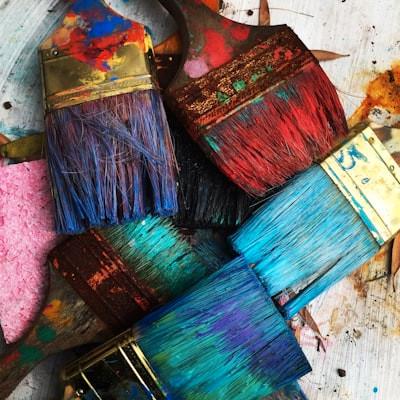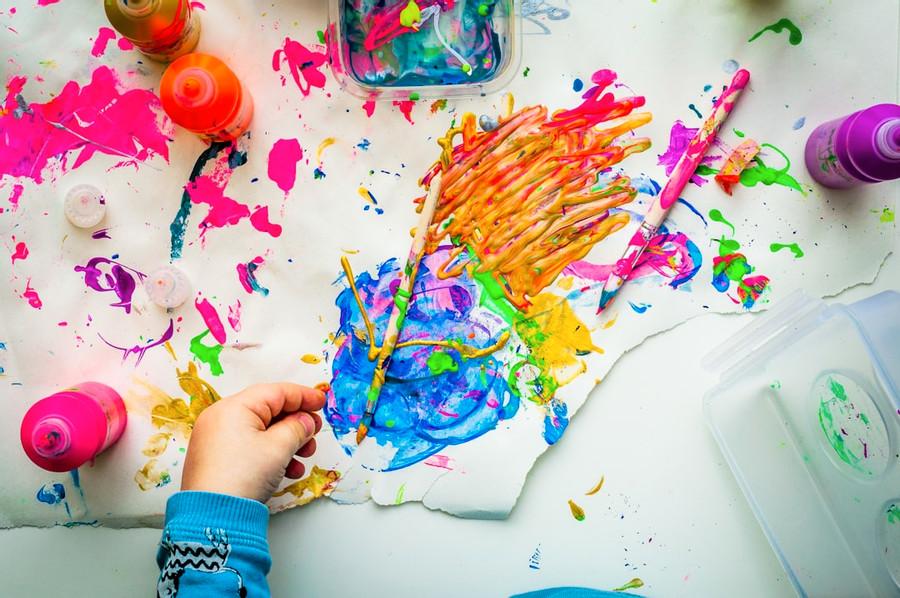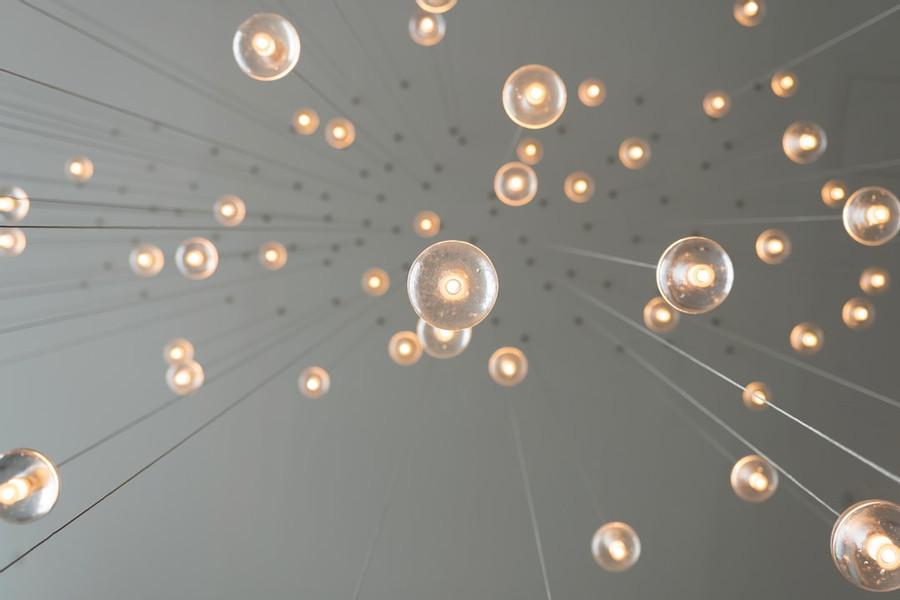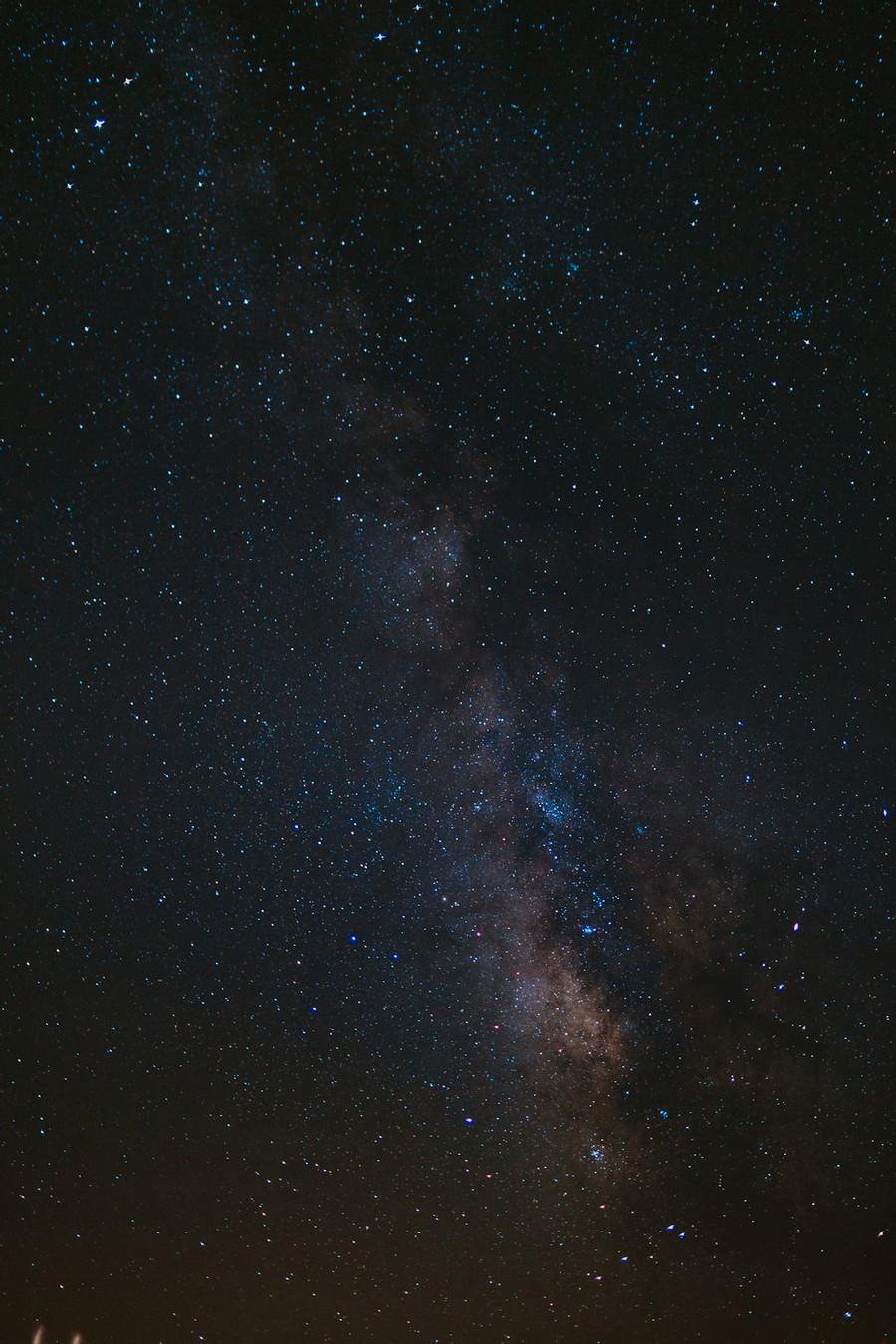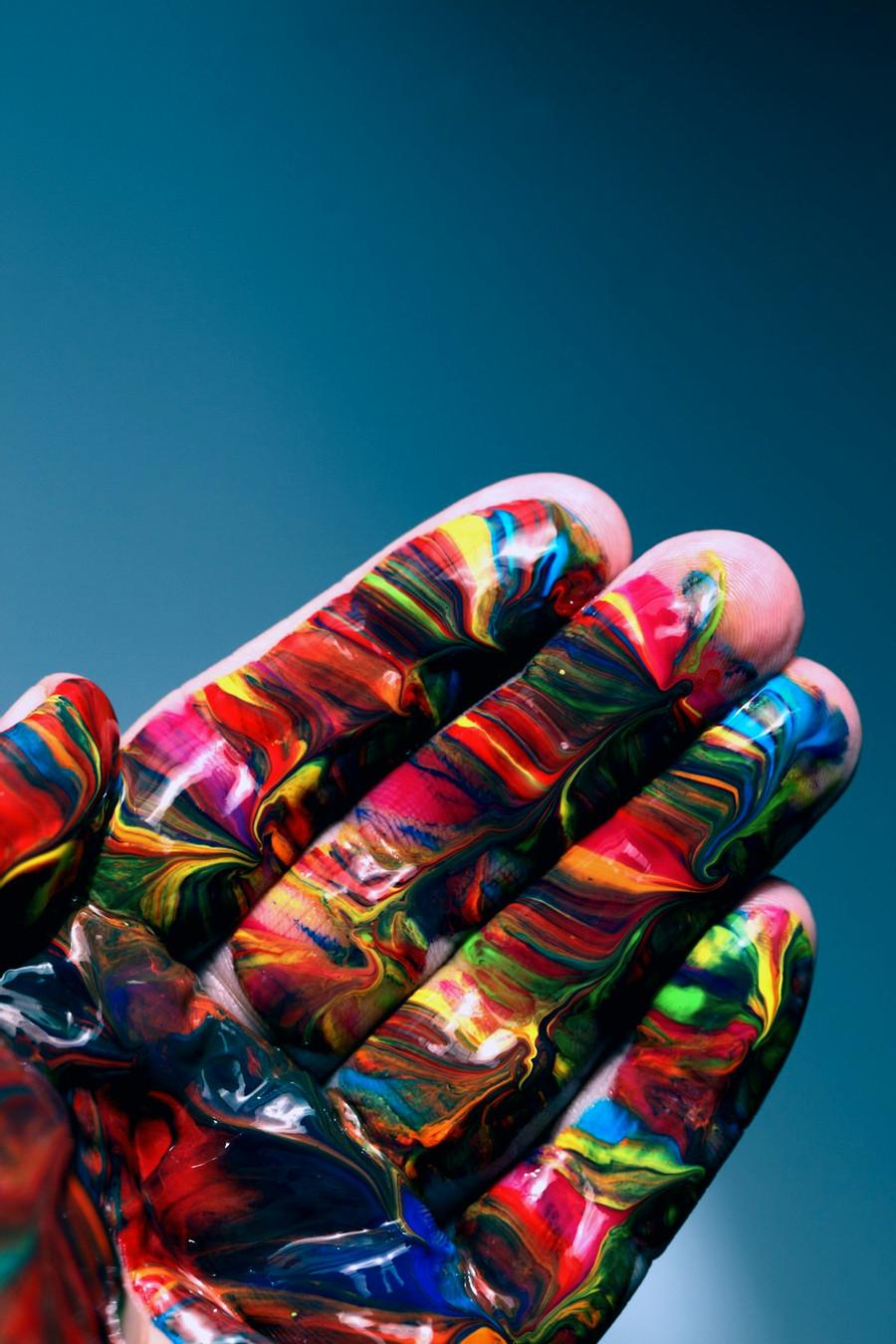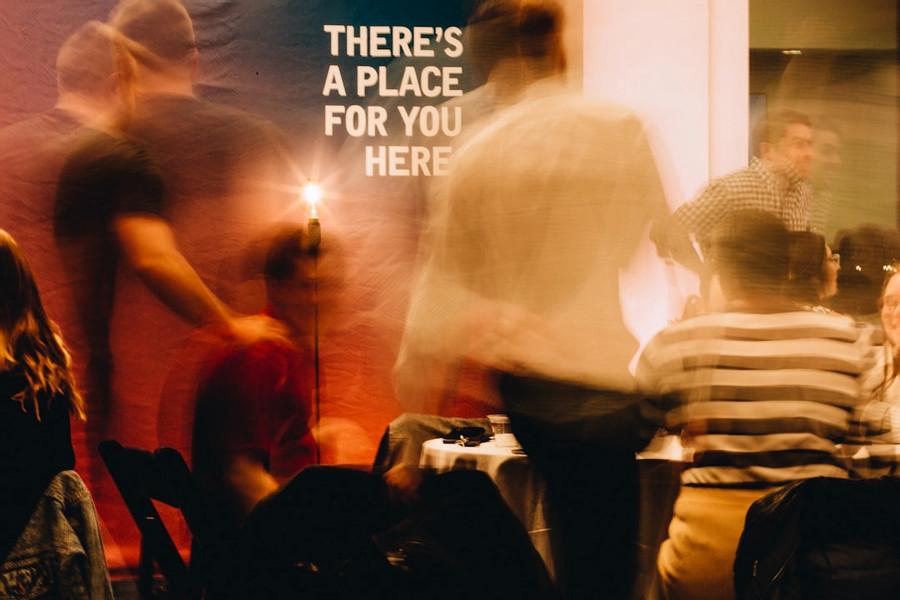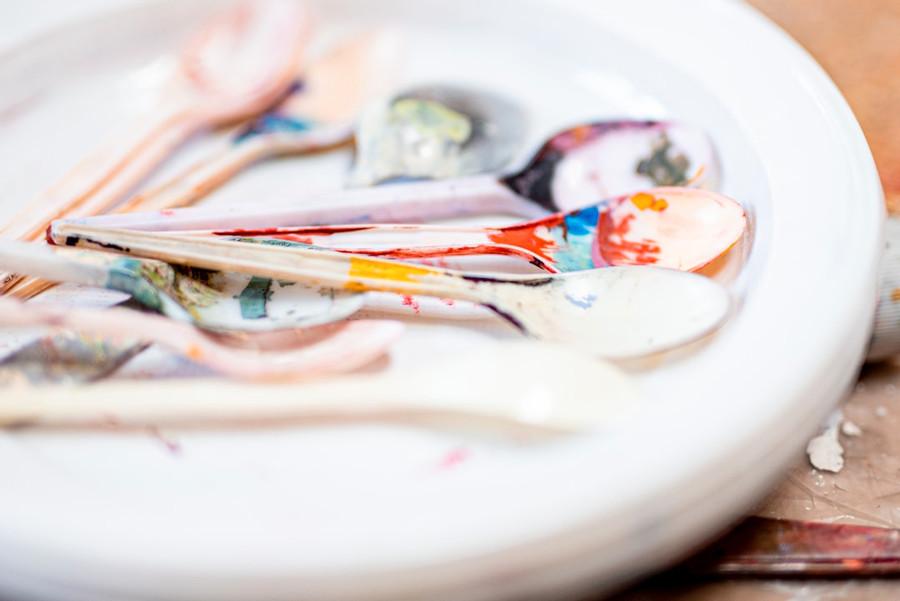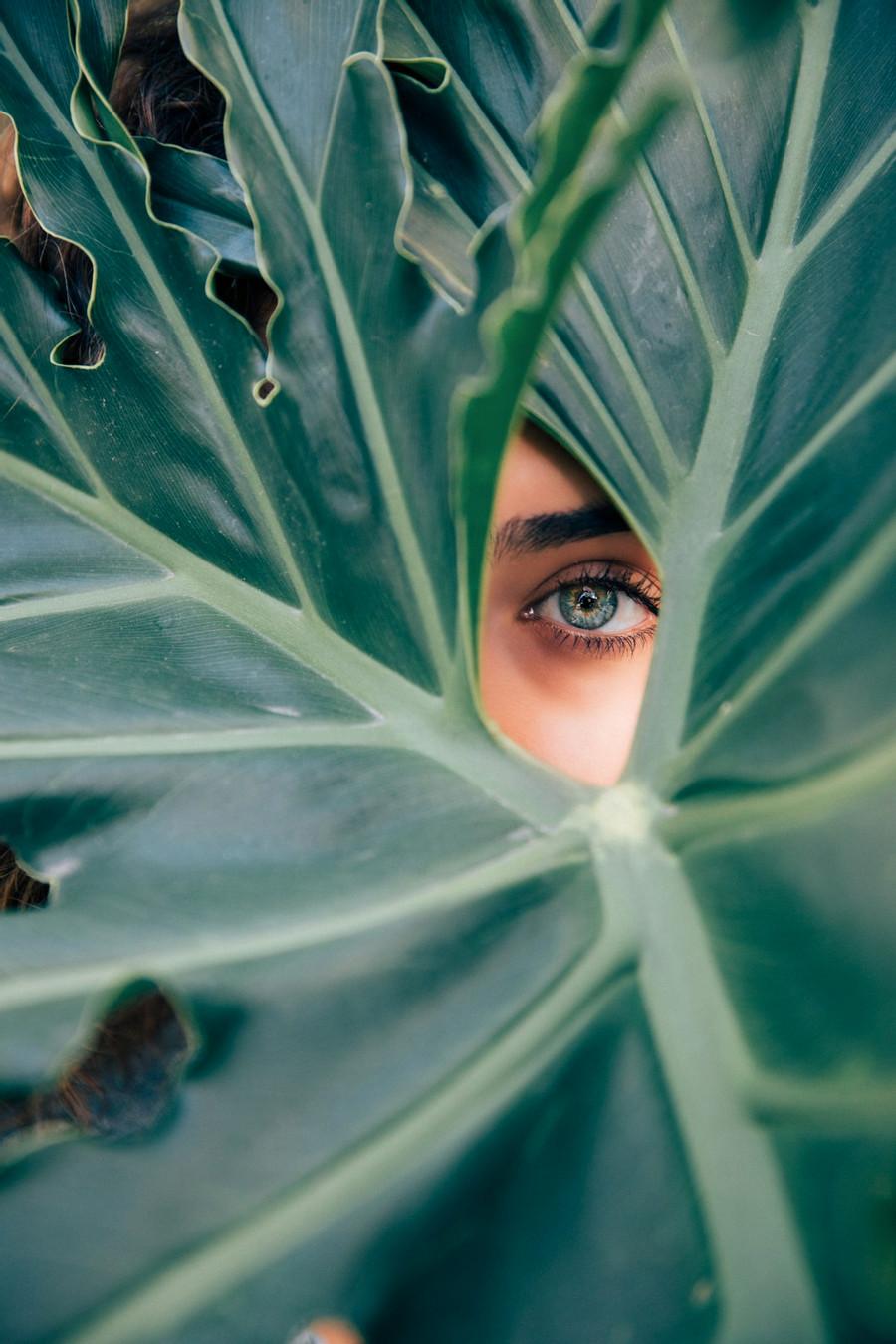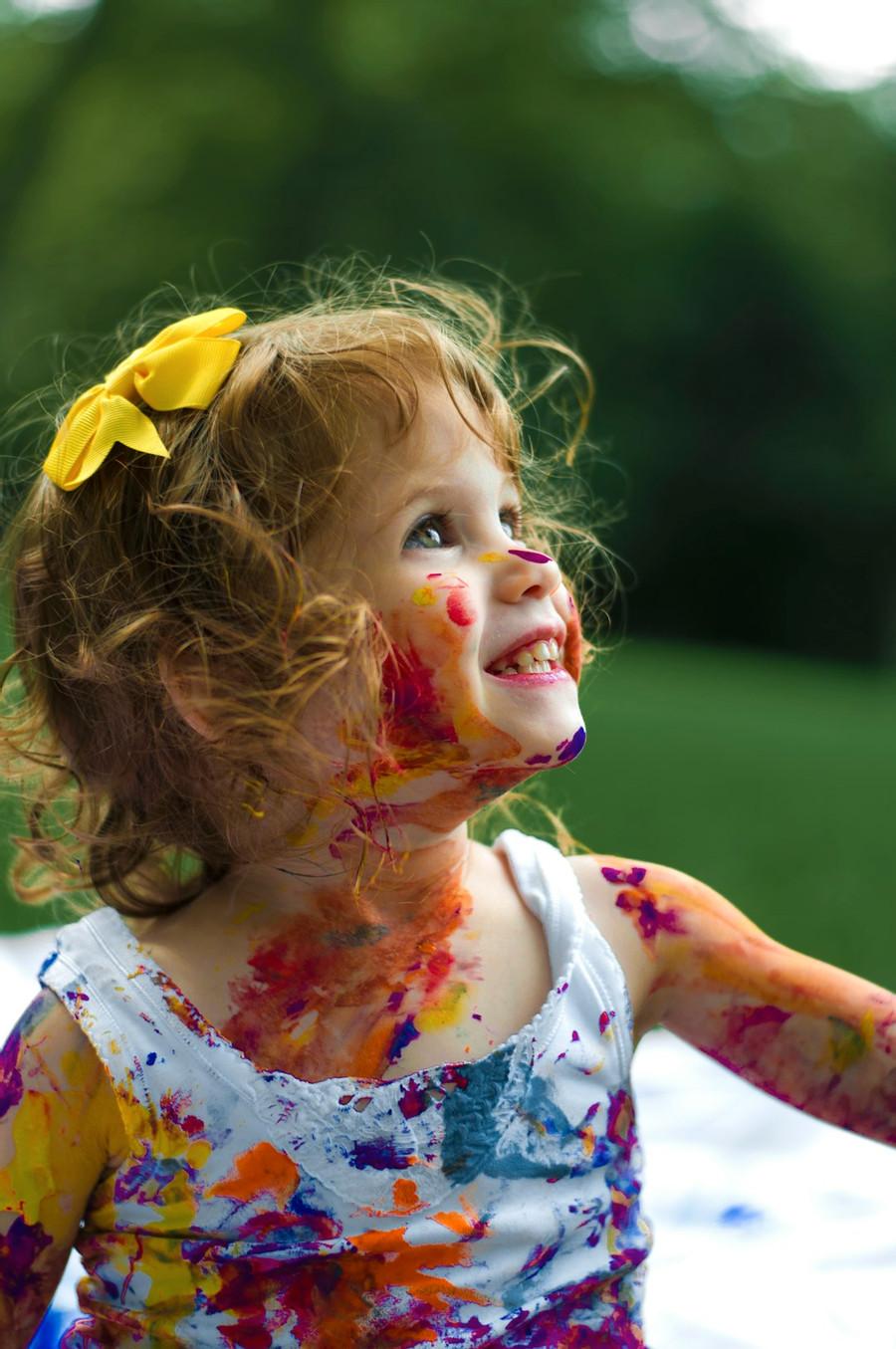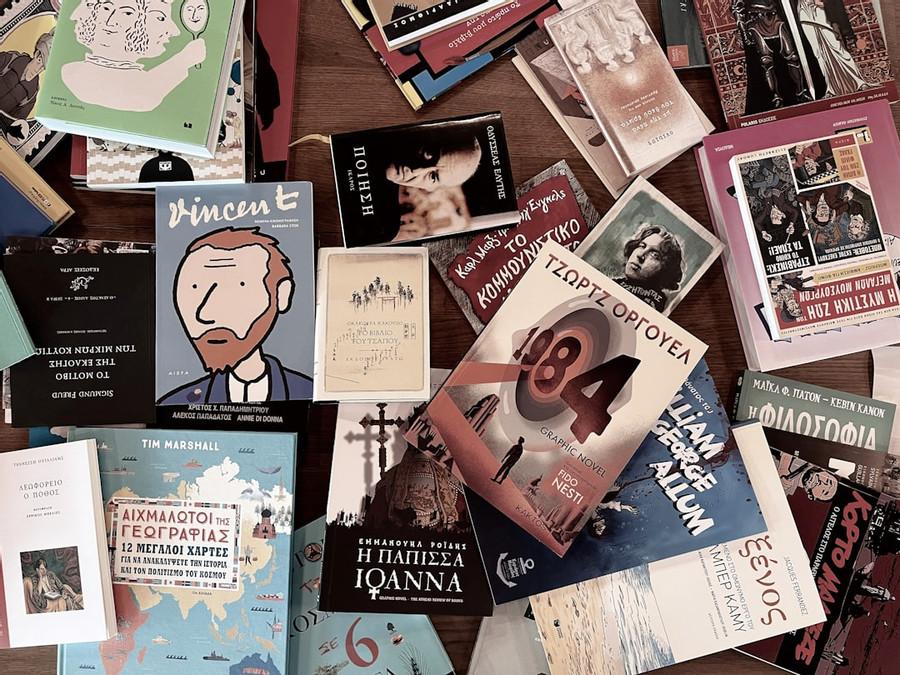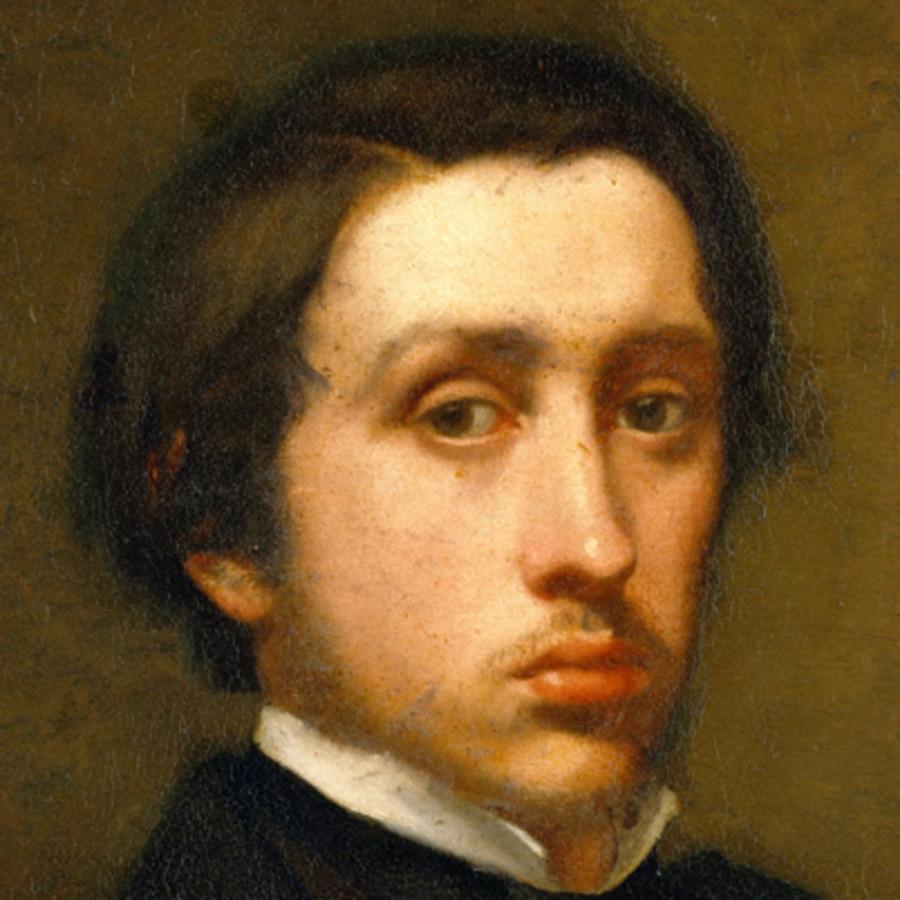Six Ways to Break Your Creative Blocks
Curated from: greatergood.berkeley.edu
Ideas, facts & insights covering these topics:
10 ideas
·401 reads
7
Explore the World's Best Ideas
Join today and uncover 100+ curated journeys from 50+ topics. Unlock access to our mobile app with extensive features.
Creativity Is Serious Business
Our culture has long viewed creativity in ways that don’t serve us. On one hand, we view it as frilly and unnecessary—something we do for fun in our free time. And on the other hand, we think of it as a tool to help us build careers, make more money, and establish a name for ourselves in the marketplace. Neither approach is helpful.
At its heart, creativity is neither an amusing play activity nor a tool. According to many psychologists, creativity is a form of human intelligence.
15
60 reads
The Real Definition Of Creativity
Creative intelligence—the ability to come up with new ideas—is one of three main types of intelligence, alongside the ability to get along in different contexts (practical) and the ability to evaluate information and solve problems (analytical).
All three modes of intelligence are important for success and well-being.
To creatively flourish and produce our best work, creativity requires the same thoughtfulness, time, and attention as other kinds of intelligence.
15
55 reads
Creativity Needs Space, Both Internal and External
Although we live in a world that prizes instant gratification, deep creative work still requires focused attention.
If you have unfinished projects and unresolved things that are consuming your mental energy, you’ll need to clear those up before your creativity can flourish. If something is on your mind, take care of it before diving into new creative work.
You don’t necessarily need a physical room in your house, but you DO need some sort of physical space, even if it’s just a picnic table at the local city park.
15
40 reads
Creativity Is Intrinsically Motivated
Our best creative work is most likely to be intrinsically motivated, rather than motivated by extrinsic rewards like money.
When we’re intrinsically motivated, we do an activity because it’s inherently satisfying, not for an external result. In the case of creativity, we’re inspired to act for the fun or challenge involved rather than because of external pressures or rewards.
14
45 reads
Passion Is Powerful
Your loves and passions are what inspire you to produce great things. Your passion is what keeps you going when you encounter resistance or difficult people, or experience setbacks or rejections. Valuing your heart’s longings will give you the courage to try out new directions and bravely explore new terrain. When your heart is moved and inspired, you’ll be a force to be reckoned with.
14
35 reads
For Your Creativity to Flourish, It Wants Your Biggest Vision
Our minds often get anxious when diving into new and unknown things, but research suggests that this is precisely when creativity has a chance to flourish.
For example, in several different studies involving video games, participants were more creative when the game was open-ended rather than defined. When tasks, projects, and visions are open-ended—when we allow ourselves to dream—we are free to explore, experiment, follow intuitive hunches, and learn from what presents itself.
15
31 reads
Creativity Is Nourished and Fed by Beauty
Nurturing environments (and people) inspire the creative. Natural and beautiful environments “feed” the brain and support the production of new neurons, while ugly, unstimulating environments stop the brain’s generative process.
If you’re procrastinating, unmotivated, or generally “blah,” ask yourself this: When was the last time you surrounded yourself with beauty? The power of beauty is real. Dwelling in it will shift your mood and inspire you.
14
31 reads
Creativity Is Subversive
Your deep creativity is subversive. It doesn’t care what your mother thinks, what your friends believe, or the institutional norms of your career. Creative terrain lies OUTSIDE of the institution that you work for, the social system that you grew up in, or what’s currently trending on social media.
Many highly creative individuals spent time in their childhoods creating their “own worlds,” which the authors termed “paracosms.” In these made-up fantasy worlds, these future creative geniuses were free to create new languages, rules, and social systems.
14
30 reads
Not Knowing Is the Starting Point for The Creative
The essential starting point of artistic consciousness is acknowledging that something is “more than I can possibly know.”
“Knowing” is not a creative state. It’s when we don’t know that we’re open to new information, ideas, and experiences in ways that we aren’t otherwise.
Our minds want to “know” so very badly. But let’s give ourselves permission to not know.
14
33 reads
IDEAS CURATED BY
CURATOR'S NOTE
Creativity is a lot more than we ever imagined.
“
Maxwell D.'s ideas are part of this journey:
Learn more about personaldevelopment with this collection
How to manage digital distractions
The impact of technology on mental health
The importance of setting boundaries
Related collections
Similar ideas
Read & Learn
20x Faster
without
deepstash
with
deepstash
with
deepstash
Personalized microlearning
—
100+ Learning Journeys
—
Access to 200,000+ ideas
—
Access to the mobile app
—
Unlimited idea saving
—
—
Unlimited history
—
—
Unlimited listening to ideas
—
—
Downloading & offline access
—
—
Supercharge your mind with one idea per day
Enter your email and spend 1 minute every day to learn something new.
I agree to receive email updates
